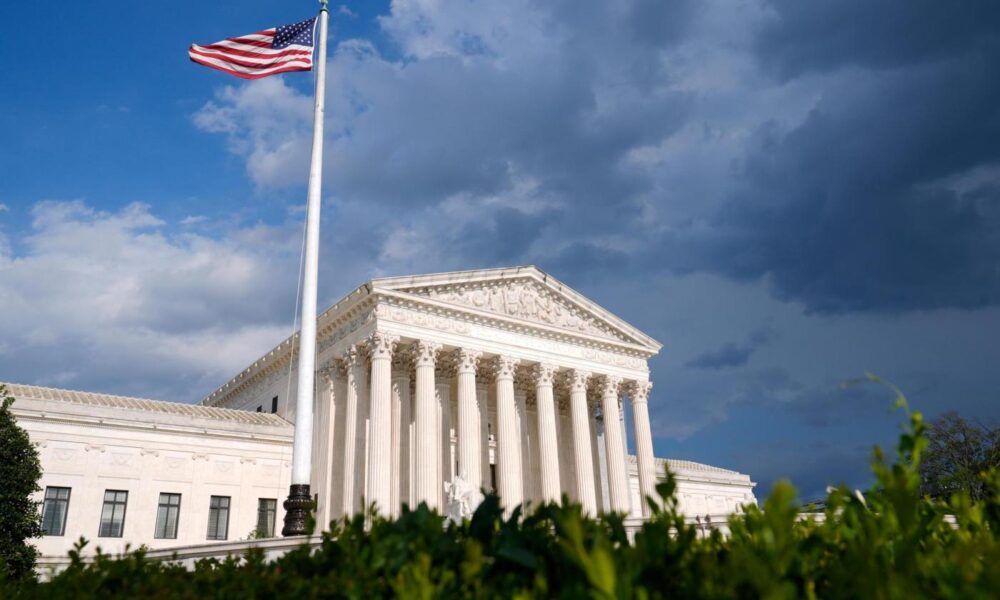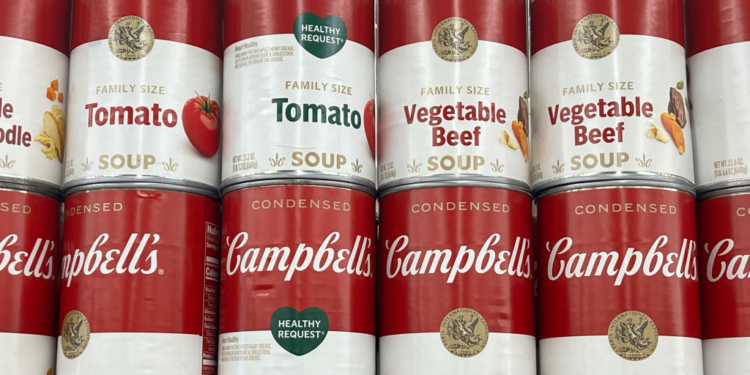The Supreme Court has announced it will review whether individuals who regularly smoke marijuana can legally own firearms. This decision follows a recent expansion of gun rights by the court in March 2022. The case centers on a Texas man, Ali Danial Hemani, who is facing felony charges after police allegedly discovered a gun in his home while investigating unrelated matters.
The Justice Department, under the administration of former President Donald Trump, is seeking to reinstate the charges against Hemani. His attorneys successfully argued that the law prohibiting drug users from possessing firearms was unconstitutional, citing a ruling from the Fifth U.S. Circuit Court of Appeals. The appeals court found that the blanket ban on firearm ownership for all illegal drug users does not align with the Supreme Court’s expanded interpretation of the Second Amendment.
Legal Implications of Marijuana and Gun Ownership
Legal experts are closely monitoring this case because it underscores the ongoing tensions surrounding drug use and gun ownership in the United States. The Justice Department contends that individuals who regularly use illegal drugs, such as marijuana, pose a significant public safety risk. They argue that the law is valid when applied to habitual drug users, especially in light of findings from the FBI that Hemani possessed both a firearm and cocaine during the investigation.
While many states have legalized recreational marijuana, it remains classified as illegal under federal law. This has created a complex legal landscape, leaving millions of Americans vulnerable to potential violations. According to government health data, approximately 20% of Americans have tried marijuana, raising concerns about the implications of such a broadly written law.
Current Challenges and Future Considerations
Hemani’s legal team argues that the law could unfairly impact countless individuals who may not pose a true threat to public safety. They emphasize that the intent behind the law should not penalize those who are not involved in violent or dangerous behavior. The case will test the boundaries of the Supreme Court’s new standard regarding firearm regulations, which now requires that any restrictions must be grounded in the nation’s historical context.
This case represents another significant chapter in the evolving discussion surrounding gun rights and public safety. Following the 2022 ruling, there has been an increase in legal challenges against various firearm laws across the nation. The Supreme Court has previously upheld laws designed to protect victims of domestic violence, showing its willingness to navigate the delicate balance between individual rights and community safety.
The court’s decision in this case could have far-reaching implications, potentially shaping the future of gun ownership rights for those who use marijuana. As the legal arguments unfold, the discussion surrounding drug policy and Second Amendment rights continues to gain momentum, reflecting broader societal debates on these pivotal issues.







